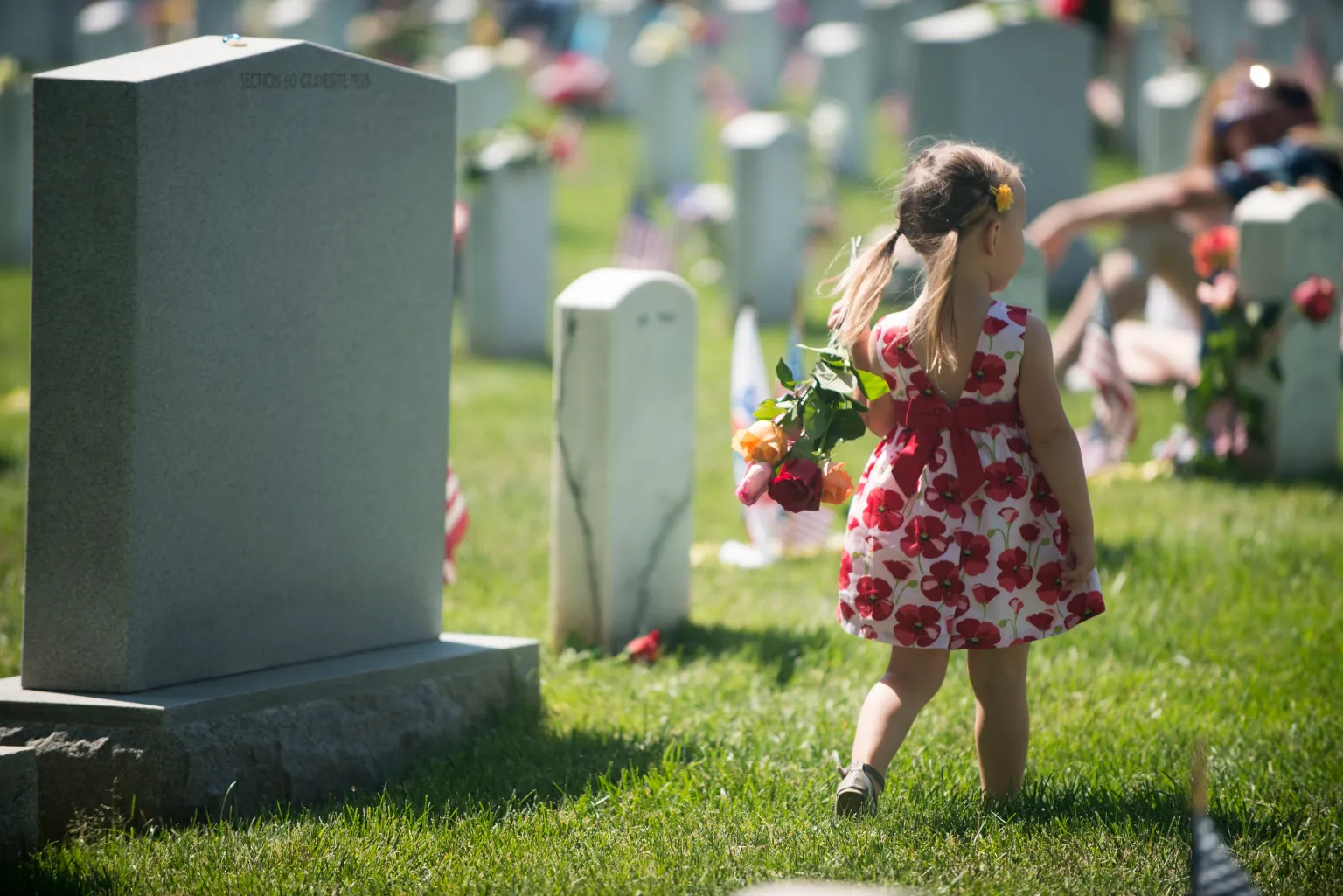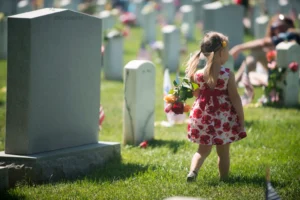Honoring Memorial Day with Flowers: A Timeless Tradition
- By ChrysalFlowerFood
Memorial Day, observed on the last Monday of May, is a solemn occasion in the United States dedicated to honoring the men and women who have died while serving in the military. This day of remembrance has its roots in the post-Civil War era and has evolved into a significant event marked by various traditions. One of the most enduring and poignant traditions is using flowers to honor the fallen.
The Historical Significance of Flowers on Memorial Day
The tradition of using flowers to commemorate the deceased dates back to ancient times, but in the context of Memorial Day, it gained prominence after the Civil War. Originally known as Decoration Day, this observance involved decorating the graves of soldiers with flowers, wreaths, and flags. The practice was formalized on May 5, 1868, when General John A. Logan, leader of an organization for Northern Civil War veterans, called for a nationwide day of remembrance. He proclaimed, “May 30, 1868, is designated to strew with flowers, or otherwise decorating the graves of comrades who died in defense of their country.”
Flowers as Symbols of Remembrance
Flowers are deeply symbolic, making them perfect for commemorating Memorial Day. Different flowers carry distinct connotations:
- Poppies: Perhaps the most iconic flower associated with military remembrance, the red poppy symbolizes the blood shed during battle and the resilience of those who served. This association was popularized by the World War I poem “In Flanders Fields” by Lieutenant Colonel John McCrae.
- Lilies: White lilies represent the restored innocence of the deceased’s soul. They are often used in funerals and memorials as purity, transience, and renewal symbols.
- Roses: Depending on their color, roses can convey various messages. Red roses symbolize love and respect, making them suitable for honoring fallen heroes. White roses signify purity and remembrance, while yellow roses represent friendship and gratitude.
- Gladiolus: These flowers signify strength of character, moral integrity, and remembrance, making them an ideal choice for honoring those who have served with valor.
Modern-Day Floral Tributes
Today, the tradition of using flowers to honor the fallen on Memorial Day continues in various forms:
- Grave Decorations: Families and loved ones visit cemeteries to place flowers on the graves of deceased soldiers. This decoration not only pays tribute but also keeps the memory of the deceased alive.
- Memorial Services: Many communities organize services where floral wreaths are laid at memorials and monuments dedicated to military personnel. These ceremonies often include speeches, music, and the presence of veterans’ groups.
- Personal Tributes: Individuals may create small memorials in their homes or communities adorned with flowers and mementos to honor the memory of loved ones who served.
How to Choose Flowers for Memorial Day
When selecting flowers for Memorial Day, consider the following tips to ensure your tribute is meaningful:
- Know the Preferences: If you are honoring a specific individual, consider their favorite flowers or colors. This personal touch can make your tribute even more special.
- Consider Symbolism: Choose flowers that carry appropriate symbolic meanings. For instance, red poppies are universally recognized as a symbol of military remembrance.
- Quality Over Quantity: A simple, well-arranged bouquet can be more impactful than a large, elaborate display. The thought and sentiment behind the gesture are what truly matter.
- Sustainable Choices: Consider eco-friendly options, such as locally sourced flowers or biodegradable materials, to honor the fallen in a way that respects the environment.
In conclusion, Memorial Day is a time to reflect on the sacrifices made by the brave men and women who have served in the military. The tradition of using flowers to honor their memory is a powerful and enduring practice that allows us to express our gratitude, respect, and love. Whether through a single red poppy or a bouquet of roses and lilies, these floral tributes connect us to a long history of remembrance and help ensure that the legacy of the fallen is never forgotten.
Subscribe To Our Newsletter
Subscribe to our newsletter to receive important information






